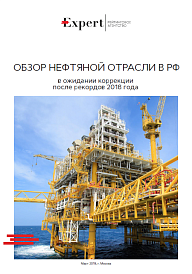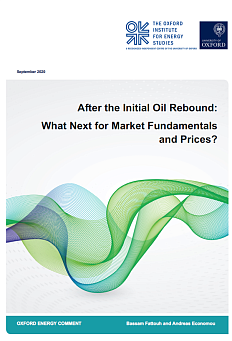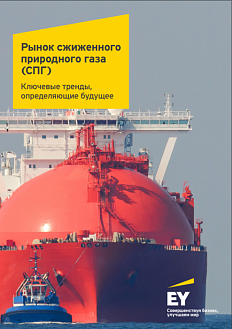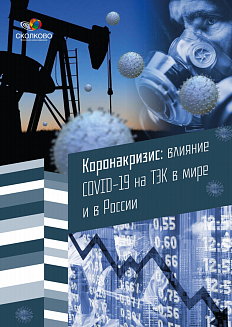According to the Expert RA rating agency, the effect of the tax maneuver completion seems to be neutral for oil producing companies and refineries which have received a compensation in the form of a reverse excise tax for oil. The reverse excise tax, introduced as part of the tax maneuver completion, brings exactly the same benefits for refineries as the difference in export duties on oil and oil products formerly did; the logistic coefficient, meanwhile, improves the economic situation of refineries located far from the borders of Russia which are in desperate need of subsidies. In 2019, oil producers are expected to face a growth in tax burden. Taxation changes may have a considerable effect on cash flows of oil producing companies and refineries in particular.
The damping mechanism introduced in 2019 for the purpose of containing fuel prices and preventing fuel shortages may turn out to have a diametrically opposite effect. For oil producing companies (including those without refining capacities) the damping mechanism may lead to a 3% decrease in EBITDA. The risks associated with the damping mechanism can be offset by abolishing it in 2020 and introducing a floating excise tax on fuel instead. This will depend on whether a compromise between the positions of the Ministry of Energy and the Ministry of Finance is found.
The authors of the publication base their projections on models of a typical oil producing company, a refinery, and a vertically integrated oil company (VIOC) located in the European part of Russia. The Expert RA analysts forecast the EBITDA of oil producing companies to fall by 6% in 2019 and by 1% in 2020, triggered by the drop in oil prices in ruble terms and the decrease in production volumes under the OPEC+ agreement. For refineries, the EBITDA correction will be greater, amounting to 12% and 4% respectively. The analysts refrain from forecasting the impact of the damping mechanism on the fuel market but remark that it may have a mixed and virtually unpredictable effect on the refining segment, which is likely to negatively affect the creditworthiness of independent refineries above all others.
.png)






